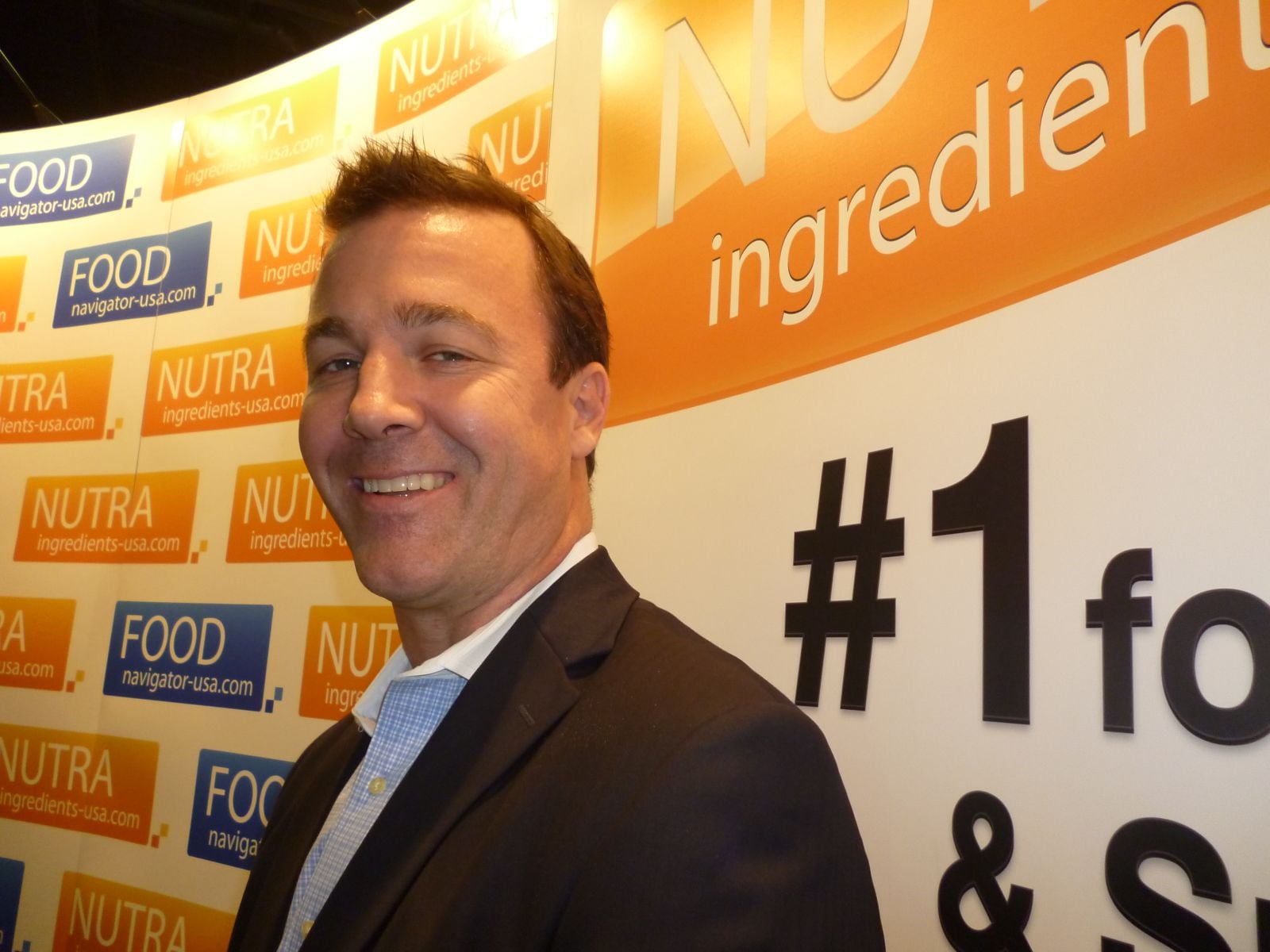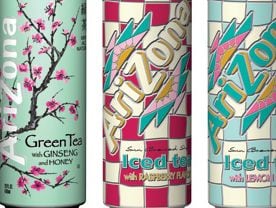The lawsuit - which was originally filed in March 2010 and is just one in a growing pile of lawsuits alleging that ingredients from natural sources that have been overly ‘processed’ are not ‘natural’ - was tossed out by U.S. District Judge Richard Seeborg on March 28.
In his ruling, Seeborg - who suggested last November that the plaintiffs (Lauren Ries and Serena Algozer) were motivated primarily by the desire to make a fast buck - said they “have not introduced any evidence showing that HFCS or citric acid are artificial”.
The judge basically said that just because something is processed, doesn’t mean it isn’t ‘natural’…
While much of his ruling was devoted to criticizing the poor prosecution of the case - at one point he describes the plaintiffs’ counsel as “dilatory” - it also had broader ramifications, Justin Prochnow, an attorney in the Denver office of law firm Greenberg Traurig, told FoodNavigator-USA.
“The judge basically said that just because something is processed, doesn’t mean it isn’t ‘natural’…
“This case not only provides a good road map for other companies defending natural claims but it reinforces the principle that plaintiffs must prove their case, not just make bald assertions and then hope a court will rule in their favor.”
Judge: Where’s the evidence?

The defendants - Arizona Beverages USA, Hornell Brewing Company, Beverage Marketing USA, and Ferolito, Vultaggio & Son - had “produced an expert report from Dr Thomas Montville [from the Dept of food science at Rutgers University] to show that HFCS and citric acid are natural, as well as declarations from their HFCS suppliers reflecting that the HFCS they supply accords with the FDA natural policy as well as a certificate of the natural status of their citric acid from one of their citric acid suppliers”, said Seeborg.
However, the merits of Dr Montville’s expert report were “irrelevant” to the case because the plaintiffs had failed to present any credible evidence that HFCS and citric acid are artificial, he said.
“The strength of defendants’ own evidence is irrelevant because summary judgment may be granted in their favor on the basis of plaintiffs’ failure to meet their threshold evidentiary burden.”
He added: “Plaintiffs had more than six months after the entry of the scheduling order to identify an expert, and failed to do so.”
Rhetoric is no substitute for evidence
Meanwhile, Seeborg rejected the plaintiffs’ claim that “HFCS is not natural because patents have been issued for the process of producing it” and that “if HFCS were a naturally occurring substance such as ‘a new mineral discovered in the earth or a new plant found in the wild’ it would not be patentable”.
This did not constitute a valid legal argument, he said.
“Plaintiffs have cited no legal authority supporting their contention that if the process to produce an ingredient is patented, that fact, in and of itself, automatically renders it artificial. This is merely an extension of their rhetoric that HFCS is artificial because it ’cannot be grown in a garden or field, it cannot be plucked from a tree, and it cannot be found in the oceans or seas of this planet’.
“In the face of a motion for summary judgment, rhetoric is no substitute for evidence.”
Plaintiffs’ counsel has been dilatory and has failed to prosecute this action adequately

He went on: “They offer not a scintilla of evidence from which a finder of fact could determine the amount of restitution or disgorgement to which plaintiffs might be entitled if this case were to proceed to trial. This failure alone provides an independent and sufficient basis to grant defendants summary judgment.
“Since the class was certified, the Court has found that plaintiffs’ counsel has been dilatory and has failed to prosecute this action adequately.”
What did the plaintiffs allege?
The complaint, filed on behalf of lead plaintiffs Lauren Ries and Serena Algozer, alleged that consumers were being misled by claims that AriZona Iced Tea is ‘All Natural’ given that it contains HFCS and citric acid.
HFCS, “which is produced by adding a series of enzymes to processed corn starch to change the glucose present in the corn into fructose, is not a natural product”, claimed Ries and Algozer.
Meanwhile, citric acid is “man-made because it is produced from certain strains of the mold Aspergillus niger”.
The plaintiffs sought certification of a class consisting of everyone in California who purchased an Arizona brand beverage which contained HFCS or citric acid … that was advertised or labeled as ‘All Natural,’ or ‘100% Natural’ from March 17, 2006.
Broader ramifications of the case
Asked whether other firms facing legal action over natural claims could draw comfort from this judgment - or whether AriZona et al had just been lucky in that the case had been prosecuted badly - Prochnow said:
“In my opinion, this is a great case for companies defending ‘natural’ claims. The various litigations over the use of ’All Natural’ in claims for products containing HFCS were really the first in the wave of class action lawsuits that have swept the country, most notably, in California.
“I think this case is notable for several reasons. First, it gives some insight into what happens in many of these cases. Plaintiff lawyers file suit, hoping to get a quick settlement for a limited amount of time spent on the case.
“Once the cases get underway, the cases become less attractive for the lawyers. In this case, the plaintiff actually had the class certified by the judge last November. Then, according to the judge, they did little to prosecute the case.”
Prochnow: These cases can be defended successfully and won
He noted that Seeborg was “rather direct and harsh in his criticism of plaintiff’s counsel”, adding: “This reflects what I have said in many of my presentations. These cases can be defended successfully and won – unfortunately, it generally means a not insignificant amount of expenditure of time and money by the companies defending the cases.
“I think the decision gives a great indication that courts believe plaintiffs have been narrowly defining ‘natural’ beyond what the courts and regulatory agencies view the definition of ‘natural’ to be.”
Second, it underlines the fact that something does not become 'not natural' just because a plaintiff says so, he added.
The "most telling” paragraph in the judgment... is where court indicated that Plaintiffs had cited no legal authority supporting their contention that if the process to produce an ingredient is patented, that automatically renders it artificial", he said.
The all-natural fight back?
While many other ‘natural’ lawsuits are still proceeding through the courts, and many firms have settled, some leading manufacturers are fighting their corner, and accusing plaintiffs of junk science.
In a recent motion to dismiss a complaint accusing it of falsely advertising Nature Valley granola bars as ‘100% natural’ when they contain HFCS, high-maltose corn syrup, and/or maltodextrin (Chin et al. v. General Mills), General Mills said:
“Plaintiffs’ theory of liability is premised on their distinction between processed and highly processed corn. Cornstarch is itself processed. It does not grow out of the ground, but is created through the process of milling.
“But milling, in Plaintiffs’ view, does not produce a ‘non-natural’ ingredient. It is the additional step of treating the cornstarch with enzymes that Plaintiffs assert crosses the threshold from processed to ‘highly processed,’ and from natural to non-natural. The Complaint does not cite any scientific authority for this distinction.”
More to follow on FoodNavigator-USA Monday.
